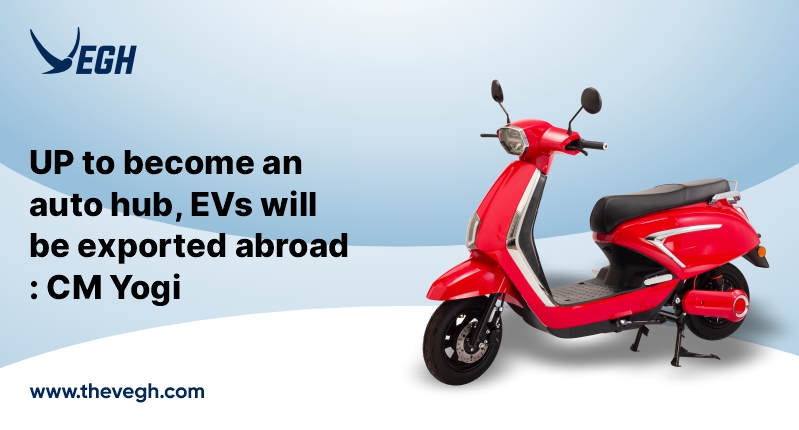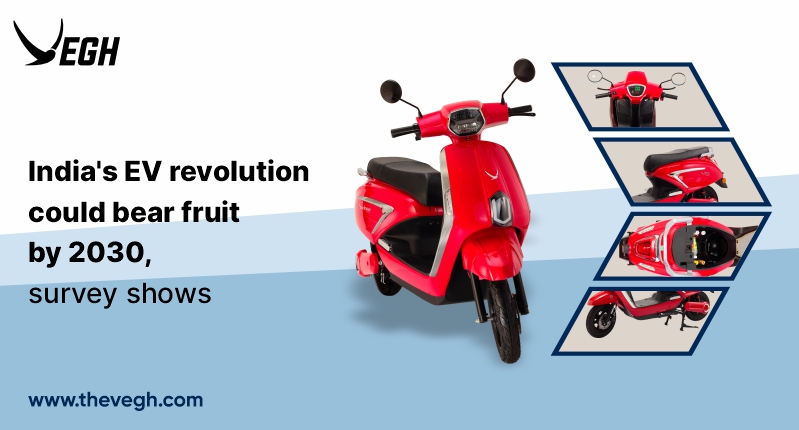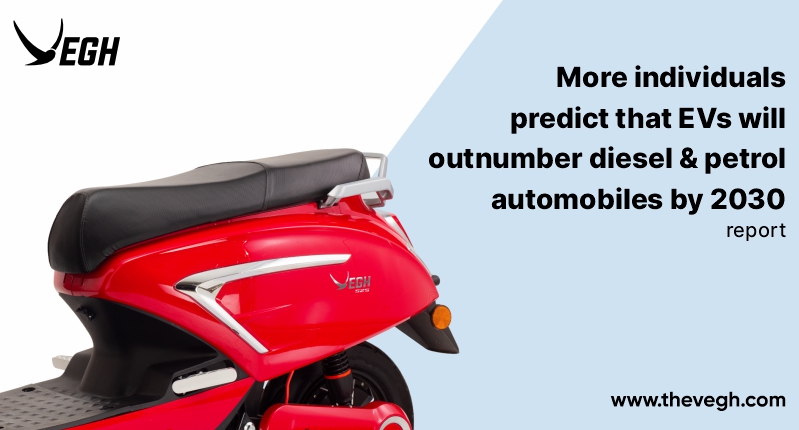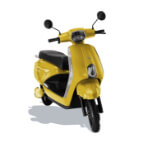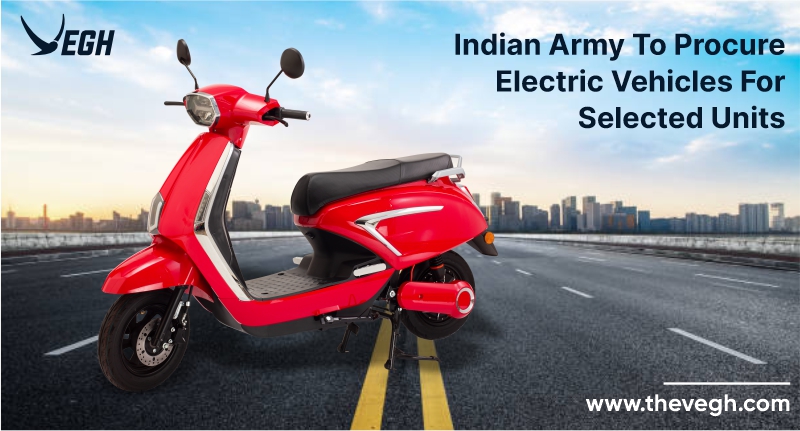
The Indian Army will buy electric vehicles (EVs) for a few units and formations. This will be under the government’s objective to cut carbon emissions from the defense sector.
Within a given time frame, the strategy intends to replace about 25% of light vehicles, 38% of buses, and 48% of motorbikes with Electric vehicles, including electric scooters, electric bikes, and electric buses.
According to the officials, the roadmap for induction was determined by several variables, including the Indian Army’s capacity to hire, remote employment areas, and operational commitments.
According to a representative, the Indian Army has developed a plan to introduce electric vehicles as often as possible. Because of operational obligations to lower carbon emissions from fossil fuels, this was the case.
According to him, several elements, such as remote job locations and operational obligations, helped create a time-bound project plan.
Support infrastructure, including charging stations, will be set up to support a successful EV ecosystem within Army units.
These EV charging stations will have two to three slow chargers and at least one fast charger. The official said that electrical circuit cables and transformers would be erected and that they would be able to provide an acceptable load-bearing capacity based on the projected number of EVs per station.
Additionally, the Army intends to install solar-powered charging stations. These plans are likewise being developed in stages.
The Army also uses capital to acquire EVs. Plans call for acquiring electric buses for a few chosen peace institutions to address the current shortfall. A first tender will be released, he said, for 60 buses and 24 EV fast chargers.
According to another official, “given the speed at which the government is moving toward greener projects and the efforts being made to lessen our reliance on fossil fuels, it is vital for us to adapt to the changing reality.”
In April, Rajnath Singh, the Indian Army’s minister of defense, attended an electric vehicle demonstration. EV producers, including Perfect Metal Industries, Tata Motors, and Revolt Motors, showcased their vehicles and provided updates on technological developments.

